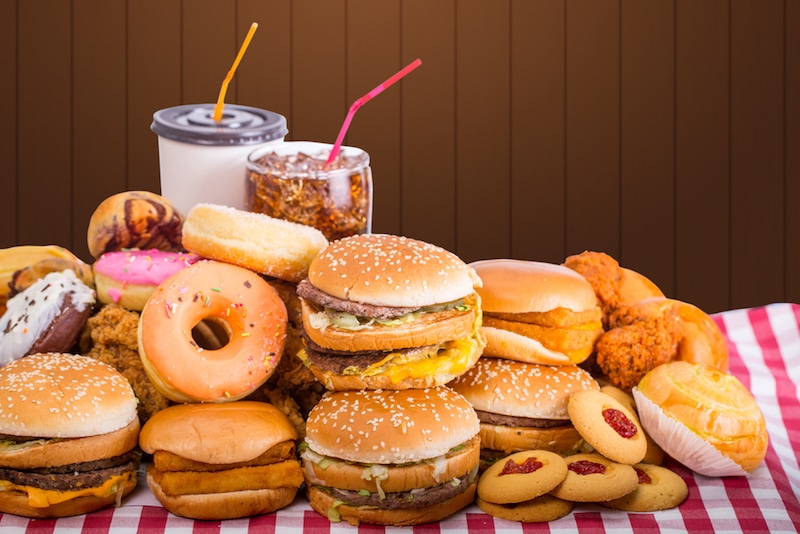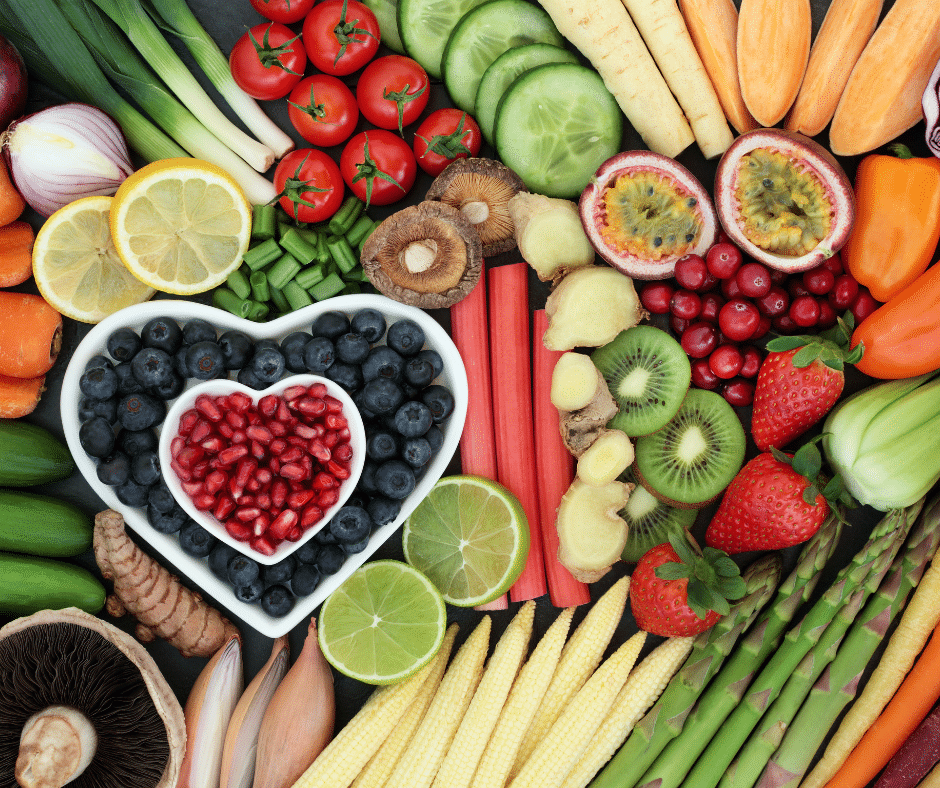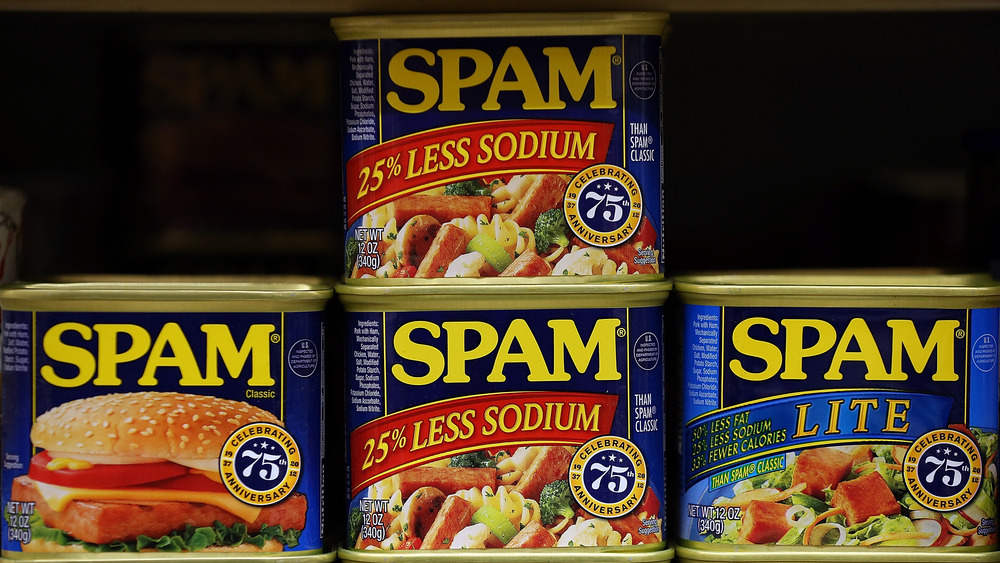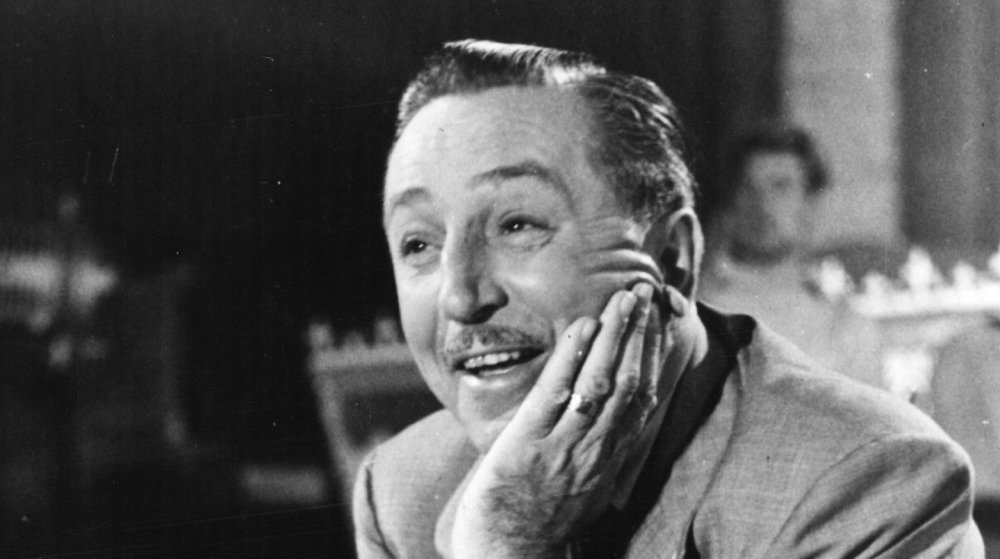
We Finally Have Proof Why Processed Food Is Bad for You
We all know that processed food is bad for us – we’ve heard it countless times before. However, we keep consuming it, perhaps because processed foods not only taste good, they also provide an extremely quick and convenient way to satisfy our hunger. While it’s common knowledge that processed food is high in fat, high in sugar, and low in fiber, experts believe that processed food can also can us to overeat and gain weight. A team of researchers wanted to put this assumption to the test! The National Institute of Diabetes and Digestive and Kidney Diseases gathered 20 volunteers, both male and female, and observed them for 28 days in a wing of the NIH Clinical Center.

Methodology
The NIH researchers assigned every meal to each of their subjects, as well as the amount of exercise they should get per day. During the first two weeks, the researchers assigned the participant a diet that was rich in unprocessed food, but instead full of vegetables and whole grains; they were told they could eat as much as they like (of the allowed foods). Each of these meals had twice the number of calories as the person would normally need to maintain their body. After the first two weeks, the researchers swapped the menus for both groups during the remainder of the study. It’s important to note is that each of these meals the researchers have assigned were similar in the amount of carbs, fat, protein, fiber, sugar, and calories.
What did they find?
Unsurprisingly, they found that the group who ate highly processed foods had eaten approximately 508 more calories per day, mainly in the form of carbs and fat. The protein, fiber, and sugar consumption of this group remained the same. This was compared to their baseline. On the other hand, participants who only ate unprocessed foods lost weight rather than gained weight; they lost approximately 0.9 pounds. This can be explained by the change in the appetite of the participants. Since those who only consumed whole grains ate slower, the hormones that control appetite, PYY and ghrelin, adapted to their eating habits. This was starkly different from the participants who ate highly processed foods. These participants ate their food a lot faster, while these foods contained more grams and calories than the whole foods. Your brain typically takes a while to signal your body when your stomach is full, so for those who ate too quickly, it made a significant difference in the total amount of calories they consumed.

Another interesting result of this study that most of the participants’ average blood glucose levels, glucose tolerance, and insulin sensitivity remained the same. Researchers believe this could be due to the amount of exercise they got throughout the study. While other published works have suggested that exercise can stabilize glucose levels, the researchers did not assign the volunteers physical activity for this reason. The researchers wanted to simulate the amount of physical activity these participants would normally get in their daily routine, which would be low-intensity exercise. For instance, they had the volunteers do around 20-minutes of cycling at only 30 to 40 percent of their max heart rate. This goes to show that even a small amount of physical activity a day can affect glucose levels – another great reason to try and squeeze in as much exercise as you can!

Best Food Tips for Healthy Living

Best Food to Help You Lose Weight

Best Superfoods to Eat

Surprising Uses And Benefits Of Garlic

Surprising Uses and Benefits of Coconut Oil

3-Ingredient recipes to try during lockdown

The best vegetarian meat replacements

Tasty Foods You Can Eat Lots Of Without Gaining Fat

Creative Ideas To Keep Your Kids (and Yourself) Busy Nowadays

Do Your Body a Favor: The Healthiest Foods You Can Eat






















